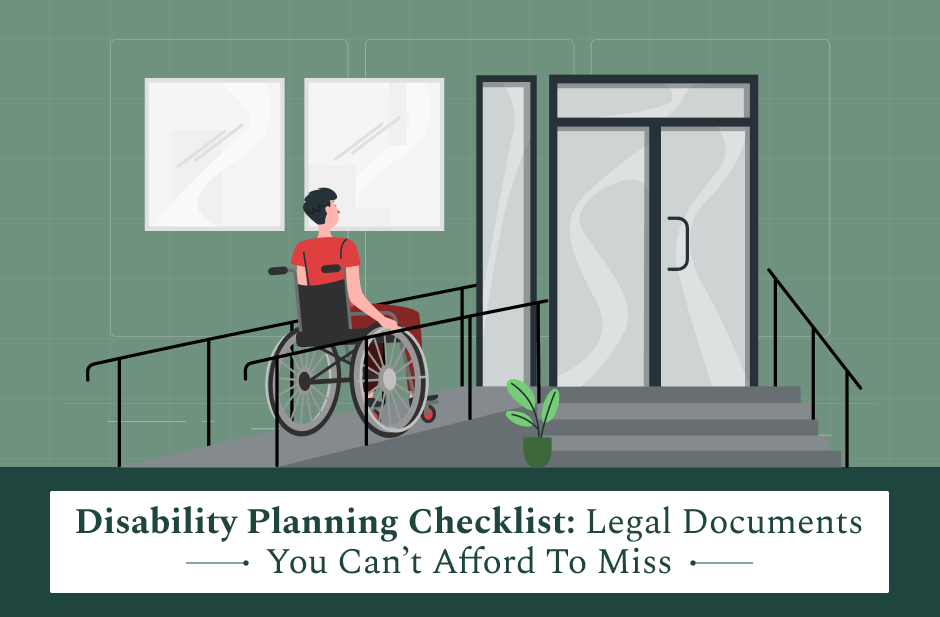An individual’s disability is not something you should make a factor for going against them. This is because the disability of another human being should not be a factor of stereotyping or bias from anyone’s end. Due to this, the Americans with Disabilities Act (ADA) is a law that prohibits discrimination against individuals with a disability. This article will discuss the Americans with Disabilities Act (ADA) and its aims and purposes.
Americans with Disabilities Act (ADA): Definition
The Americans with Disabilities Act (ADA) is a federal law that was enacted in 1990 to protect the civil rights of disabled individuals in the United States. The act prohibits discrimination against individuals with disabilities in a wide range of areas, including public life, employment, schools, transportation, and other areas that are open to the general public.
The main objective of the ADA is to ensure that disabled individuals are provided with the same opportunities and rights as other citizens. This means that the act aims to safeguard the rights of individuals with disabilities in the same way that it protects individuals of different race, color, sex, age, and national origin.
The ADA provides civil rights similar to those enjoyed by other citizens to disabled individuals and protects them from any form of discrimination in both public and private spheres. The act also requires businesses and organizations to make reasonable accommodations for disabled individuals to ensure that they can participate fully in all aspects of society. This includes providing wheelchair ramps, accessible restrooms, and other accommodations that may be necessary for disabled individuals to access public spaces and services. Overall, the ADA is a critical piece of legislation that has helped to ensure that disabled individuals have equal opportunities and access to services in the United States.
The Five Titles That Divide The Americans With Disabilities Act (ADA)
The five areas that divide the ADA are as follows:
Title 1: Employment
This means if any individual has the required qualifications for acquiring an employment opportunity then no employer has the right to not provide them with the job opportunity due to their disability.
This is applicable for all programs, activities, and services of public organisations.
Title 2: State And Local Government
The title 2 of the ADA is defined as nondiscrimination on the basis of disability in state and local governments.
Title 3: Public Accomodations
Public accommodations include schools, retail chains, day care centres. Moreover, medical offices, and movie theatres among the very few.
Title 4: Telecommunications
This is to individuals having speech and hearing disabilities to effectively communicate through telecommunication means. Moreover, this title is regulated and enforced by the Federal Communication Commission.
Title 5: Miscellaneous Provisions
This includes its relationship with other laws, and immunity from states. Moreover, ADA’s impact on insurance providers, and other factors related to the Act.
This title also provides the list of conditions that do not fall under the category of disability.
Frequently Asked Questions (FAQ)
Answer: Yes. You can ask the individual about the disability they tend to have. But you must not ask them the extent or nature of their disability, as it might be a sensitive factor.
Answer: You can ask the disabled person whether they require the animal for the purpose of disability.
Answer: You can get an attorney to lodge a complaint in the National Disability Rights Network (NDRN). On the other hand, you can consult in the Systems and Client Assistance Programs (CAP).
Final Thoughts
Americans with Disabilities Act (ADA) is a vital law that enforces civil rights. Moreover, for individuals with disability residing within the United States.
The ADA enables individuals with disability to have protection from discrimination within employment and public areas.
Read Also:
















